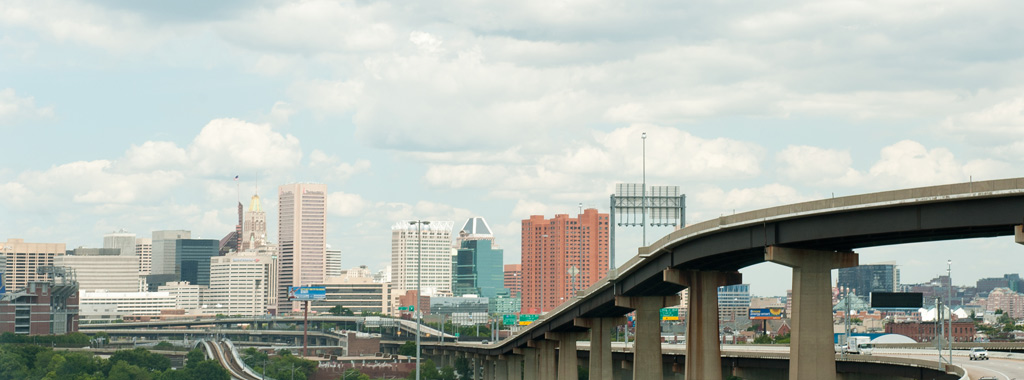Educators, cultural leaders, and activists from across the country will convene in Baltimore this week for the Imagining America National Conference, hosted by UMBC. This groundbreaking four-day gathering asks how, in the wake of the Baltimore Uprising, the arts, humanities, and design can help our city heal and grow.
At its core, Imagining America emphasizes the power of many voices coming together to envision our nation’s future, engaging with topics like race, inequality, and community-based approaches to spur collective action. UMBC was selected as host thanks to a track record of powerful civic work and commitment to fostering innovative, engaged scholarship, where excellence and inclusion go hand-in-hand.
The Maryland Institute College of Art (MICA) and Morgan State University are co-sponsoring the conference. Dozens of arts, culture, and community organizations have also been immersed in the planning process from the beginning. Unlike traditional academic conferences, many events will engage local residents, and partnerships formed through the event are expected to continue far into the future.
“The process of planning the conference has been deeply collaborative, reflecting a UMBC culture that embraces diversity and authentic connections,” shares David Hoffman, assistant director of student life for civic agency.
Much of the conference will take place in the heart of downtown Baltimore with sessions hosted by community organizations involved in creative social justice work.
“At their core, the arts, humanities, and design allow for ambiguity, and deal with human culture and the way human beings interact with their world and one another,” reflects Lee Boot, associate research professor and associate director of the Imaging Research Center. “Because at this time in our history, the challenges we face can also be traced to those interactions, those disciplines have elevated promise, if their practitioners rise to the occasion.”
Imagining America is designed to be deeply interactive, with a strong emphasis on workshops, collaboration, and relationship-building.
“Public universities have a responsibility to foster honest, open conversations about the tough issues,” explains Scott Casper, dean of UMBC’s College of Arts, Humanities, and Social Sciences. “We have an ability and opportunity to convene people broadly, perhaps more than many smaller organizations can. So we contribute by convening and participating in the conversations, and by lending our expertise and experience, while also listening to and learning from the expertise and experiences of others at the table.”
Conference highlights include an opening plenary session with UMBC President Freeman Hrabowski; Scott Casper; Joe Jones ’06, social work, founder and CEO of the Center for Urban Families; and Rebecca Alban Hoffberger, founder and director of American Visionary Art Museum (AVAM), to address innovative approaches to significant challenges facing the country. UMBC student Manisha Vepa ’18, financial economics, will lead a closing plenary session discussing final reflections and thoughts on sustaining meaningful partnerships.
Site-specific workshops on October 1 and 2 are the result of almost a year of organizing meetings around the city that engaged more than 150 community members, many representing local groups. With Imagining America recognizing the essential contributions of these community members and the importance of having these conversations in a public forum, the workshops are free and open to the public.
“I think we’re going to be dazzled by the collaborative civic work that will emerge in the months to come,” says Hoffman.
A complete conference schedule with details on each session is available on the Imagining America website.
Image: Baltimore skyline. Photo by Marlayna Demond ’11.
Tags: Alumni, BreakingGround, CAHSS, Economics, Hrabowski, IRC, SocialWork

